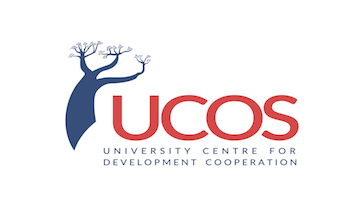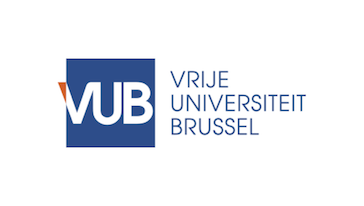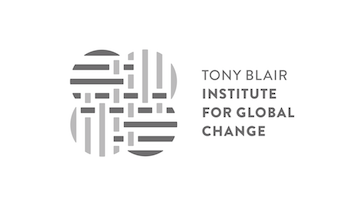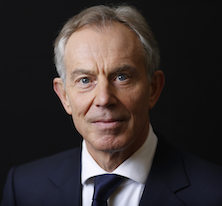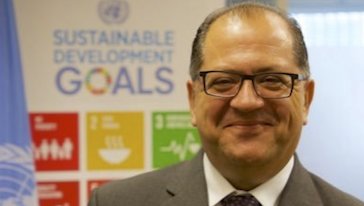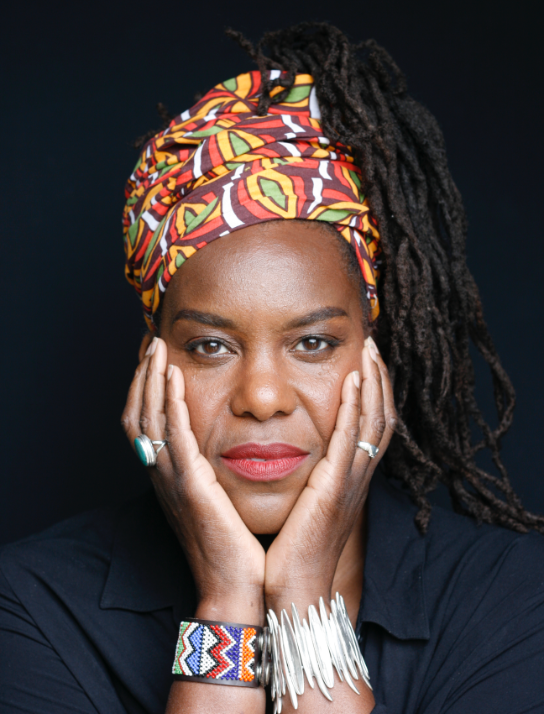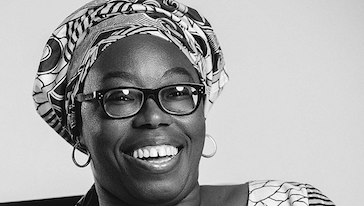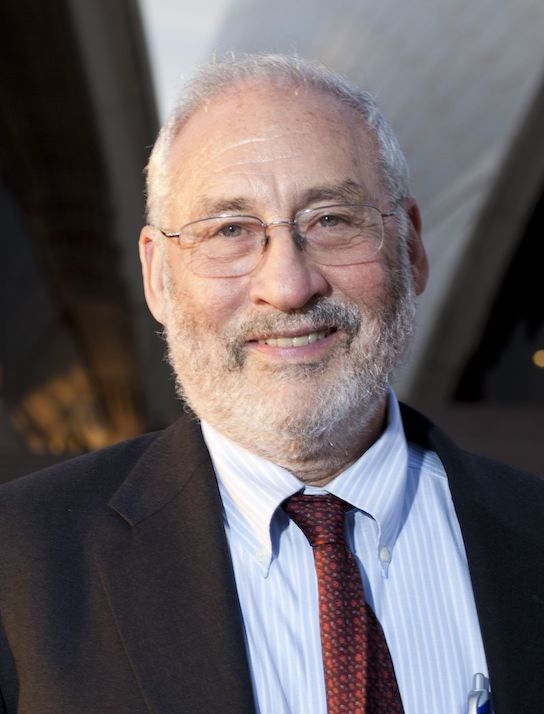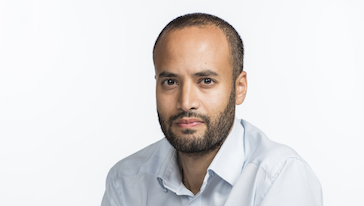Mr. Tony Blair, former Prime Minister of the United Kingdom opened his speech with an open question on how inequality could be tackled by good governance.
Inequality can be changed and poverty is a problem with a solution as Ryszard Kapuscinski’s life shows it, according to Blair. The key driver of tackling poverty is the quality of governance: the capacity to govern well, effectively, build institutions capable of making the best and sustainable decisions. However the quality of government cannot be imported, needs to be built locally.
Blair recalled examples of countries with same population, same opportunities, natural resources, but with different development success: Columbia and Venezuela, Poland and Ukraine, Ruanda and Burundi, North and South Korea. Government is tough and usually there is a vast gulf between great idea and effective implementation. Therefore providing support in building institutions is vital in reducing inequality. All African countries the Blair Institute works in share similar challenges – poor infrastructure (lack of electricity), inefficient small agriculture sector, education systems with poor quality, basic healthcare, corruption, inability to attract investments. And they add a new challenge with access to technology which can create a digital divide. According to Tony Blair the answer is the good governance. He stressed that there are solutions in tackling these problems, but the international community is slow in implementing these lessons. Aid assistance falls short because the focus of key decision-makers is missing.
Blair again called for greater recognition of importance of governance in development. He was convinced that a change can happen and politics can deliver, giving the examples of implementing the Millennium Development Goals and significant progress globally.
“Poverty is a problem with a solution. Inequality can be eliminated and the way to do that is through good governance,” he said, adding that “real change happens when nations are strong enough to stand on their feet and take destiny into their own hands.”
The lecture was followed by a discussion with Luis-Felipe López Calva, Regional Director of UNDP for Latin America and the Caribbean, Winnie Byanyima, Executive Director of Oxfam International, Santiago Levy, Senior Fellow at the Brookings Institute and Jos Verbeek, World Bank Manager and Special Representative to the UN and WTO.
When measured in terms of income differences, inequalities have been decreasing slightly, even though the perception around the world is that they are in fact rising, said Luis-Felipe López Calva.
However, inequality has multiple dimensions beyond income and there is a genuine concern among the international development community that certain groups in many countries have more bargaining power, resulting in a “deterioration of democracy and fragmentation of the social contract”, he specified.
Oxfam now has a “Commitment to Reduce Inequality” Index that measures progressive taxation, progressive social spending and labor rights, said Winnie Byanyima. She also pointed out that 26 billionaires own as much as the bottom half of humanity and exert disproportionate influence over decisions.

